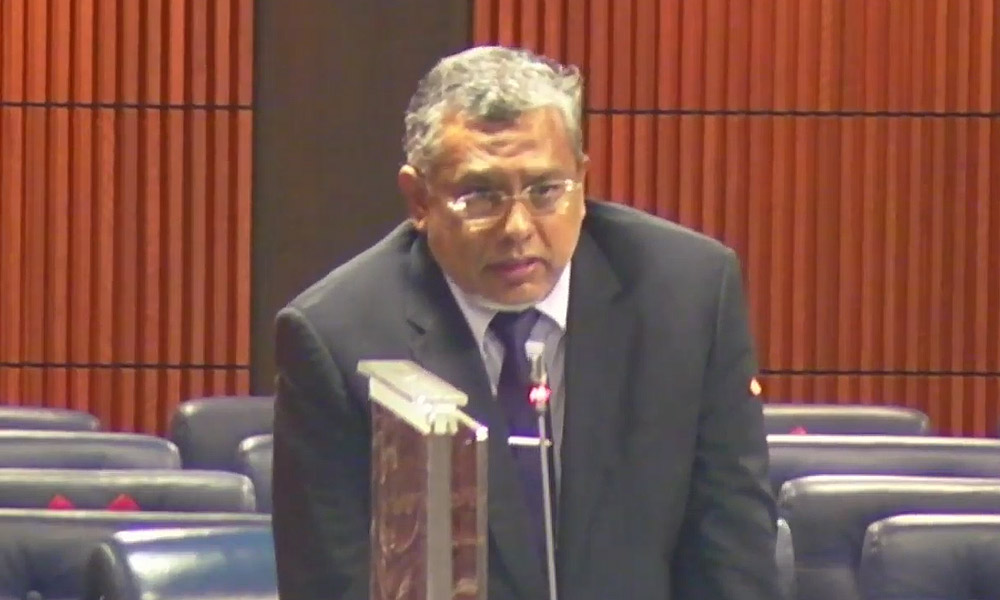Why the political class fears local council polls

In Kedah for example, the menteri besar unilaterally decided that there would be no more gaming licences. Imagine how this would play out if there were local elected councillors who set policy for this sort of thing and they were of a different view.
“With these statistics in mind, it is quite certain that whoever is interested in nominating a candidate for a local government election would be sure to consider prioritising a candidate who is Malay.”
COMMENT | Detractors of local council election in this country believe in a federalised and centralised form of governance because it is easier to carry out religious and racial agendas without the inconvenience of dissent from local diverse polities.
The Bersih chairperson for instance chose to assuage the fears of the political class, by implying that since racial demographics are changing in urban areas, the sanctity of Malay leadership would not be challenged by the will of the people.
Meanwhile, former MP Mohamed Hanipa Maidin used London and the mayorship of a Muslim to highlight the electability of Muslims in diverse cities.
This is not exactly the best of examples, because Sadiq Khan would not pass the purity test of the religious right in this country and Muslims in London are generally considered liberal by Malaysian standards.

Indeed, Sadiq does everything that would be verboten to the religious right in this country in terms of optics and policy.
If anything, one of the reasons why detractors who base their arguments on racial and religious grounds fear local government election, especially in urban/liberal conclaves, is because a liberal Muslim could get elected and this would be extremely inconvenient if these Muslims did not follow the religious groupthink instead opting for good governance and transparency.
With this point in mind, it is important to answer Hanipa’s question about PAS’ opposition to local council election and the lack of “Chinese imbalance” in Kelantan, Terengganu, Perlis and Kedah.
The reason why PAS is not interested in local government polls in these states is because there is no imbalance of Chinese or Indians or anyone who would object to their theocratic rule.
In Kedah for example, the menteri besar unilaterally decided that there would be no more gaming licences.
Imagine how this would play out if there were local elected councillors who set policy for this sort of thing and they were of a different view. However, because of the ethnic imbalance of “Malays” (am I allowed to write this?) there is no fear of religious diktats being subject to oversight.
And this is the key everyone seems to be missing in these arguments. While the demographics are changing, urban centres are still the last province of non-Malay political power.
Demographics
The religious right and the deep Islamic state understand that the demographics are changing. They understand that the non-Malays are losing the demographics game.
However, the reality is that the religious and racial pushback of their agendas emanate from urban centres.
Now, of course, you can talk about centralised power either on a state or federal level and the corruption that comes with it. Local council election merely place another barrier to overcome when it comes to corruption for instance but this is what it is there for.
Nobody in the political class wants a realignment of the scope of powers and jurisdiction that comes with local government election.


